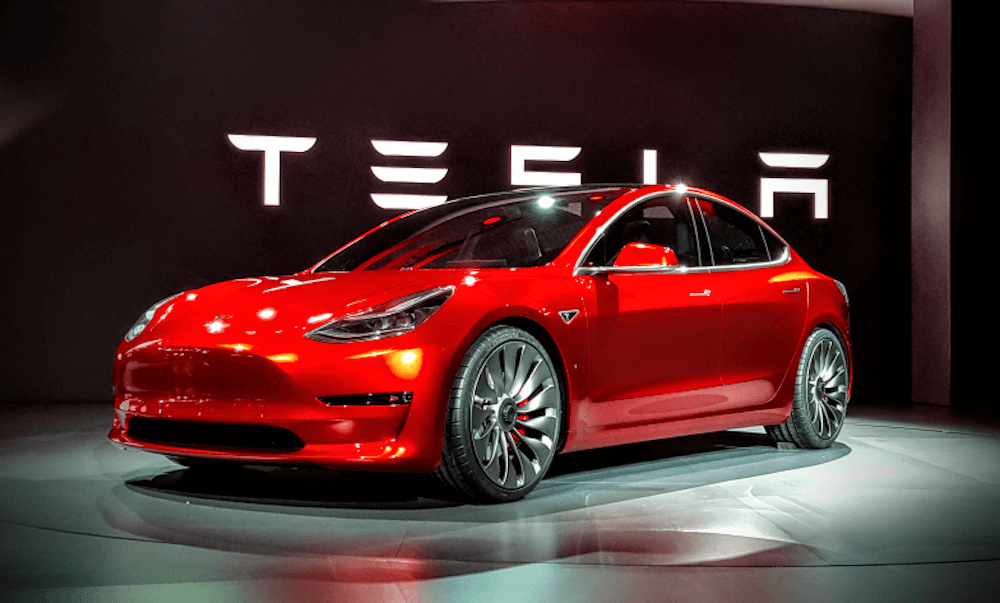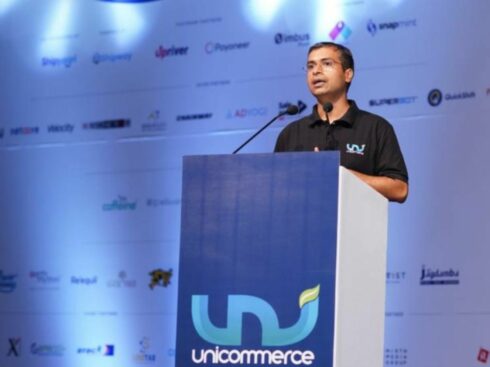
Automobile manufacturers shipped. Yet Wall Street values Tesla higher than any other U.S. car manufacturer.What explains this more than 1,000 to 1 discrepancy in valuation?
The future.
Too many people compare Tesla to what already exists and that’s a mistake. Tesla is not another car company.
At the turn of the 20th century most people compared existing buggy and carriage manufacturers to the new automobile companies. They were both transportation, and they looked vaguely similar, with the only apparent difference that one was moved by horses attached to the front while the other had an unreliable and very noisy internal combustion engine.
They were different. And one is now only found in museums. Companies with business models built around internal combustion engines disrupted those built around horses. That’s the likely outcome for every one of today’s automobile manufacturers. Tesla is a new form of transportation disrupting the incumbents.
Here are four reasons why.
Electric cars pollute less, have fewer moving parts, are quieter and faster than existing cars. Today, the technology necessary (affordable batteries with sufficient range) for them to be a viable business have all just come together. Most observers agree that autonomous electric cars will be the dominate form of transportation by mid-century. That’s bad news for existing car companies.
First, car companies have over a century of expertise in designing and building efficient mechanical propulsion systems – internal combustion engines for motive power and transmissions to drive the wheels. If existing car manufacturers want to build electric vehicles, all those design skills and most of the supply chain and manufacturing expertise are useless. And not only useless but they become this legacy of capital equipment and headcount that is now a burden to a company. In a few years, the only thing useful in existing factories building traditional cars will be the walls and roof.
Second, while the automotive industry might be 1000 times larger than Tesla, Tesla may actually have more expertise and dollars committed to the electric car ecosystem than any legacy car company. Tesla’s investment in Lithium/Ion battery factory (the Gigafactory), its electric drive train design and manufacturing output exceed the sum of the entire automotive industry.
Third, the future of transportation is not only electric, it’s autonomous and connected. A lot has been written about self-driving cars and as a reminder, automated driving comes in multiple levels:
- Level 0: the car gives you warnings but driver maintains control of the car. For example, blind spot warning.
- Level 1: the driver and the car share control. For example, Adaptive Cruise Control (ACC) where the driver controls steering and the automated system controls speed.
- Level 2: The automated system takes full control of the vehicle (accelerating, braking, and steering). The driver monitors and intervenes if the automated system fails to respond.
- Level 3: The driver can text or watch a movie. The vehicle will handle situations that call for an immediate response, like emergency braking. The driver must be prepared to intervene within some limited time, when called upon by the vehicle.
- Level 4: No driver attention is ever required for safety, i.e. the driver may safely go to sleep or leave the driver’s seat.
- Level 5: No human intervention is required. For example, a robotic taxi
Each level of autonomy requires an exponential amount of software engineering design and innovation. While cars have had an ever-increasing amount of software content, the next generation of transportation are literally computers on wheels. Much like in electric vehicle drive trains, autonomy and connectivity are not core competencies of existing car companies.
Fourth, large, existing companies are executing a known business model and have built processes, procedures and key performance indicators to measure progress to a known set of goals. But when technology disruption happens (electric drive trains, autonomous vehicles, etc.) changing a business model is extremely difficult. Very few companies manage to make the transition from one business model to another.
And while Tesla might be the first mover in disrupting transportation there is no guarantee they will be the ultimate leader. However, the question shouldn’t be why Tesla has such a high valuation.
The question should be why the existing automobile companies aren’t valued like horse and buggy companies.
Lesson Learned
- Few market leaders in an industry being disrupted make the transition to the new industry
- The assets, expertise, and mindset that made them leaders in the past are usually the baggage that prevents them from seeing the future
[This post by Steve Blank first appeared on the official website and has been reproduced with permission.]


























